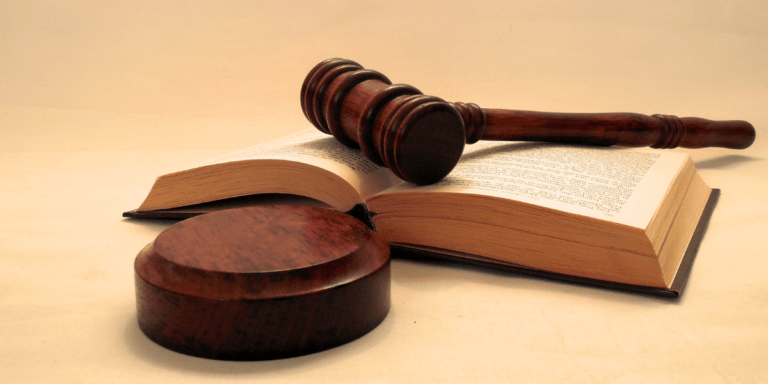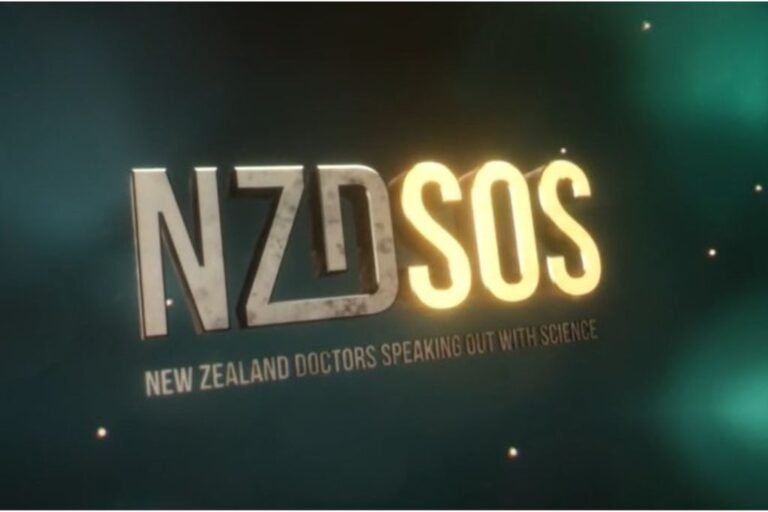Our Opposition to the IHR Amendments 2024

NZDSOS’s opposition to the World Health Organization’s amendments to the International Health Regulations – The IHR Amendments
New Zealanders have been asked for public feedback on two large pieces of World Health Organization (WHO) legislation that are under discussion. These are the amendments to the International Health Regulations 2005 (IHR) – due by 18 Feb 2024 – and the Pandemic Prevention, Preparedness and Response agreement, the so-called Pandemic Treaty – feedback ongoing.
As one of the 194 member states of the WHO, New Zealand will be represented at the 77th World Health Assembly in Geneva from 27 May until 1 June 2024, where both pieces of legislation are to be voted upon.
In order for the New Zealand delegation to represent the views of the people it is important that everyone with an opinion on this significant legislation, and what it will mean for our democracy, provides feedback. Help has been provided by lawyer Kirsten Murfitt, and the legal team at Voices for Freedom, with loose templates around which individual feedback about the IHR amendments can be written. It is important that your feedback is written autonomously and mirrors your personal (or group) perspective. Read more at our recent article It’s Time to Reject the World Health Organization International Health Regulations: A Call to Action.
How you can provide feedback on the IHR amendments.
For those who may be interested in providing feedback on the IHR amendments but are unsure how to proceed, here is our feedback. This can be used as a basis for individuals to provide their feedback. We suggest that you pick out the paragraphs that are particularly concerning to you and use your own words. However, the most important action is getting as many people to provide feedback as possible. It could be as simple as a sentence saying “NZ needs to exit the WHO”.
Below is a screenshot of the The Ministry of Health page where feedback on the IHR amendments can be made.

NZDSOS’s Feedback on the IHR Amendments
1: Is your submission on behalf of you as an individual or on behalf of an organisation?
An organisation: NZDSOS (New Zealand Doctors Speaking Out with Science)
2: Are there aspects of the proposed amendments which you think New Zealand should support or oppose? Where possible, please reference the relevant IHR article that you are commenting on .
The Working Group on the Amendments to the International Health Regulations (WGIHR) have been working on the amendments without any transparency to the public for almost a year. As a consequence the most up to date draft remains unavailable, and public feedback is being sought on outdated drafts. We assert the need to obtain the updated draft for public scrutiny as a matter of urgency. Our most strong opposition to this highly concerning legislation relates specifically to the following.
- The WGIHR intention to circumvent Article 55, removing our right to review the document with enough time to determine a considered response prior to the presentation of the amendments to the World Health Assembly in May 2024. This lack of due process should mean the decision-making process is null and void.
- DEFINITIONS: Absolute opposition to the removal of the words “non-binding” in reference to recommendations, which would make WHO’s recommendations binding. We are a democratic nation with liberties and freedoms that must never be ceded to centralised powers.
- DEFINITIONS: There is no specified definition of “health products”. This is a serious omission given the absence of safety and efficacy testing and regulation on pharmaceutical products which have caused, and continue to cause, mass harm.
- ARTICLE 2 The One Health paradigm will cede powers to WHO over all aspects of planetary life including animals, plants and ecosystems, as well as ideologies such as climate change which it is being claimed have a “potential impact” on human health.
- ARTICLE 3 “Full respect for the dignity, human rights and fundamental freedoms of persons”, has been removed and replaced with “equity, inclusivity and coherence”. When considered in combination with other aspects of World Health Organization ideologies including One Health and plans to redirect intellectual property rights and financial security away from prospering democracies, we consider this to be highly alarming. This breaches basic public health principles such as the Alma Ata Declaration of 1978 and the more recent Academy for Science and Freedom’s Statement on the Ethical Principles of Public Health.
- ARTICLE 12 gives powers to the WHO Director-General to declare a “potential or actual public health emergency” and determines WHO as the dominant party, over the sovereign state. This is a direct attack on our democracy.
- ARTICLE 13 removes the words “at the request of a state party”, and places WHO in control of defining what assistance they will give, to whom, and when. New Zealand must retain its own ability to make decisions.
- ARTICLE 13A transforms the role of WHO from an advisory body into a centralised power able to override national sovereignty in the event of a public health emergency. It includes placing WHO in a position of power to determine sharing of intellectual property, as well as heath product production scale-up, diversification, technology transfer and capacity building, all at the cost of the taxpayer and benefit of the corporations now determining WHO’s priorities.
- ARTICLE 23 considers provision for digital identity via vaccine passports for travel arrival and departure. Citizens must and will, retain their right to move and travel without answering to corporatised requirements for product uptake.
3: Is there any other information you would like to provide that would help to develop our position on negotiations to amend the International Health Regulations (2005)?
Our preference is for New Zealand to leave the WHO altogether, forever. The WHO has lost its way and is now too conflicted with vested interests to be trusted. It is too big, unwieldy and compromised to be either trusted or reformed.
Giving WHO powers to “counter misinformation and disinformation” establishes an authoritarian “single source of truth”, removing the democratic right of free speech and the basic scientific principles of hypothesis, conjecture, exploration and discovery. True science flourishes when criticism and discussion are encouraged, not when certain opinions and views are censored.
The results of an independent inquiry into New Zealand’s covid response are required before we undertake to agree to any amendments or follow any recommendations by WHO. All voices must be given the right of a hearing, including doctors and other health professionals who did not agree with the measures undertaken during covid; and those who have been harmed by those measures. The levels of possible corruption which have revealed themselves over four years must be investigated, and safeguards established for the protections of the New Zealand citizenry.
As the “west” was reveling in the victories of the second world war and there was much optimism for a brighter future, those who formed the World Health Organisation and instituted its subsequent regulations were likely doing so in a genuine attempt to improve the health of the world. Unfortunately this organisation is now all but held hostage by large donors who can and do direct its actions, often benefiting financially in the process.
The current funding of the WHO is noteworthy for significant conflicts of interest which means that pharmaceuticals (in particular ‘vaccines’) have become its main focus rather than the foundational factors that create health – sanitation, clean fresh water, real food. If it is not to be disbanded, the WHO must get back to the basics.
The role of WHO has always been to protect populations in nations without adequate systems and resources. New Zealand has adequate resources, and until our systems were overtaken by the covid response, replacing skilled clinical diagnosis with screening tests and paying providers to implement pharmaceutical options only, our systems were imperfect but of a very high standard. We must not cede our health care into the hands of unskilled personnel employed by a corrupted organisation.
The WHO is now in a position to arbitrarily dictate to its member nations actions that they are committed to undertake, whether they are relevant to that nation or not. Furthermore citizens have little recourse as the WHO officials are not directly elected by the people and are unaccountable to anyone. In effect, increasing power will be in the hands of a few officials and the donors behind them. This is completely unacceptable in a democracy. If the New Zealand government does not reject and/or opt out of these amendments, it will signal to its people that it has exchanged democracy for tribalism and for the status for a few. This will not end well for any of us.
To prevent our treasured way of life being rapidly eroded, the Ministry of Health must reflect on the errors that their staff and advisors made over the past four years and establish systems which protect the health of New Zealanders.
We are still fighting for our medical freedom and for our inalienable rights which, while we were looking elsewhere, have been slowly and purposefully eroded. It is time for each of us to take responsibility and say “enough, we don’t need you and we sure as hell don’t wont you interfering in our lives”. Let’s unite in standing up for the New Zealand we want. One step of many that we can take is opposing the IHR amendments.





